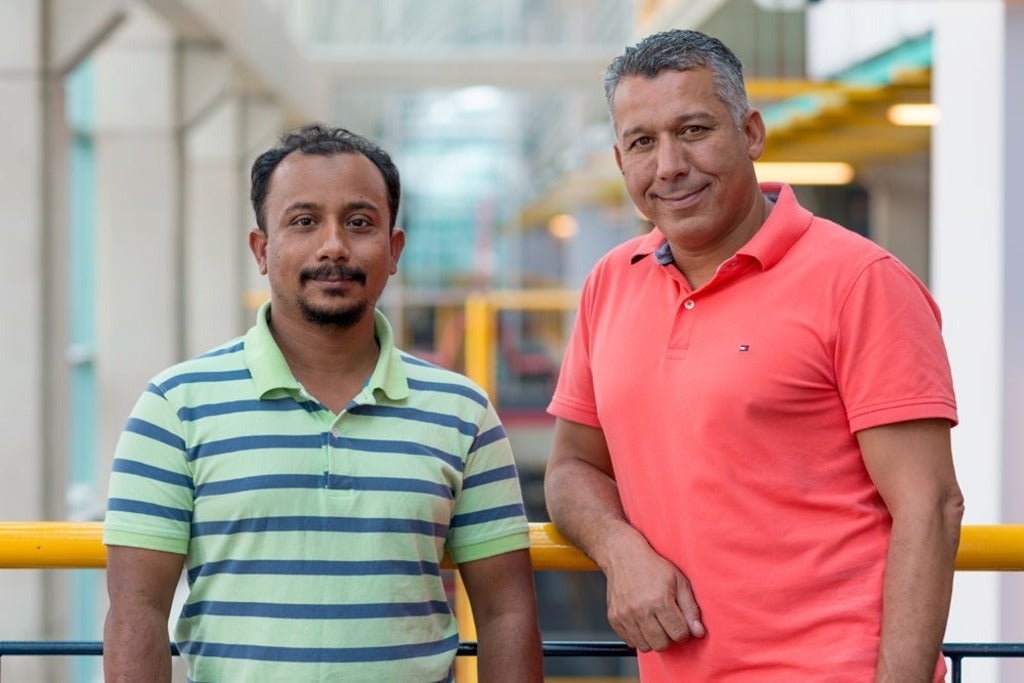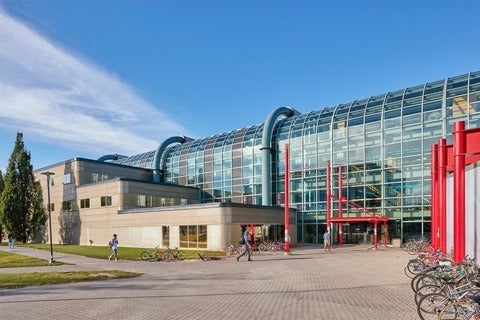Nashid Shahriar receives 2020 Alumni Gold Medal for outstanding academic performance in a doctoral program
Nashid Shahriar has received the 2020 Alumni Gold Medal for outstanding academic performance in a doctoral program. He was a PhD student in the Systems and Networking group from May 2014 to July 2020, working under the supervision of Raouf Boutaba, Professor and Director of the Cheriton School of Computer Science.




